Has the PC had its day?
IBM exec claims PCs are headed the same way as typewriters.
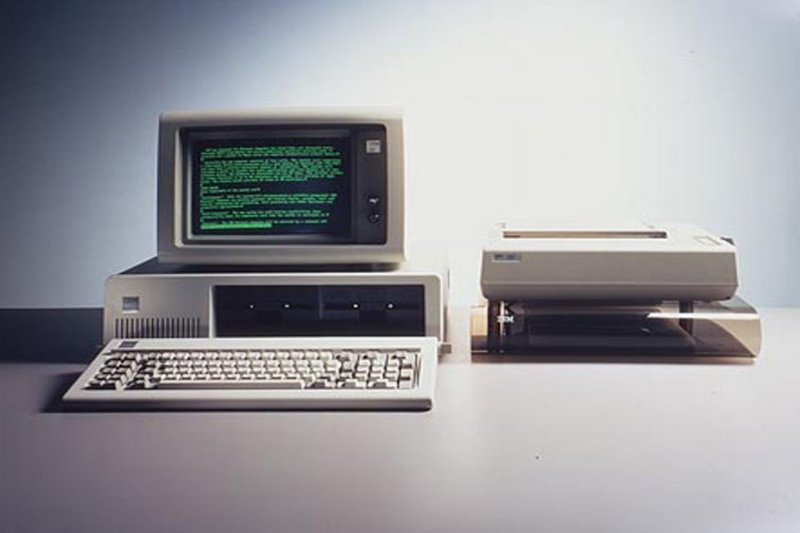
It's 30 years since the first IBM PC was launched and an executive who worked on the innovation has claimed the format is heading the same way as the typewriter.
Mark Dean, chief technology officer at IBM in the Middle East and Asia said IBM was right to leave the PC industry in 2005, when it sold out to Lenovo. He added the world was heading into a post-PC era.
"It's amazing to me to think that 12 August marks the 30th anniversary of the IBM Personal Computer," Dean said on IBM's Smarter Planet blog.
"The announcement helped launch a phenomenon that changed the way we work, play and communicate. Little did we expect to create an industry that ultimately peaked at more than 300 million unit sales per year."
While PCs will continue to be much-used devices, they're no longer at the leading edge of computing.
But according to Dean, the arrival of tablets, smartphones and cloud computing means the writing is on the wall for the PC, although he admitted they would still hold strong in many industries for now.
"I, personally, have moved beyond the PC as well - my primary computer now is a tablet," Dean said. "When I helped design the PC, I didn't think I'd live long enough to witness its decline.
Get the ITPro daily newsletter
Sign up today and you will receive a free copy of our Future Focus 2025 report - the leading guidance on AI, cybersecurity and other IT challenges as per 700+ senior executives
"But, while PCs will continue to be much-used devices, they're no longer at the leading edge of computing. They're going the way of the vacuum tube, typewriter, vinyl records, CRT and incandescent light bulbs."
Dean claimed that hardware and access devices were becoming less important as consumers focused more on how technology linked people, rather than on silicon itself.
"PCs are being replaced at the centre of computing not by another type of device, though there's plenty of excitement about smartphones and tablets," he said.
"These days, it's becoming clear that innovation flourishes best not on devices, but in the social spaces between them, where people and ideas meet and interact. It is there that computing can have the most powerful impact on economy, society and people's lives."
-
 Should AI PCs be part of your next hardware refresh?
Should AI PCs be part of your next hardware refresh?AI PCs are fast becoming a business staple and a surefire way to future-proof your business
By Bobby Hellard Published
-
 Westcon-Comstor and Vectra AI launch brace of new channel initiatives
Westcon-Comstor and Vectra AI launch brace of new channel initiativesNews Westcon-Comstor and Vectra AI have announced the launch of two new channel growth initiatives focused on the managed security service provider (MSSP) space and AWS Marketplace.
By Daniel Todd Published
-
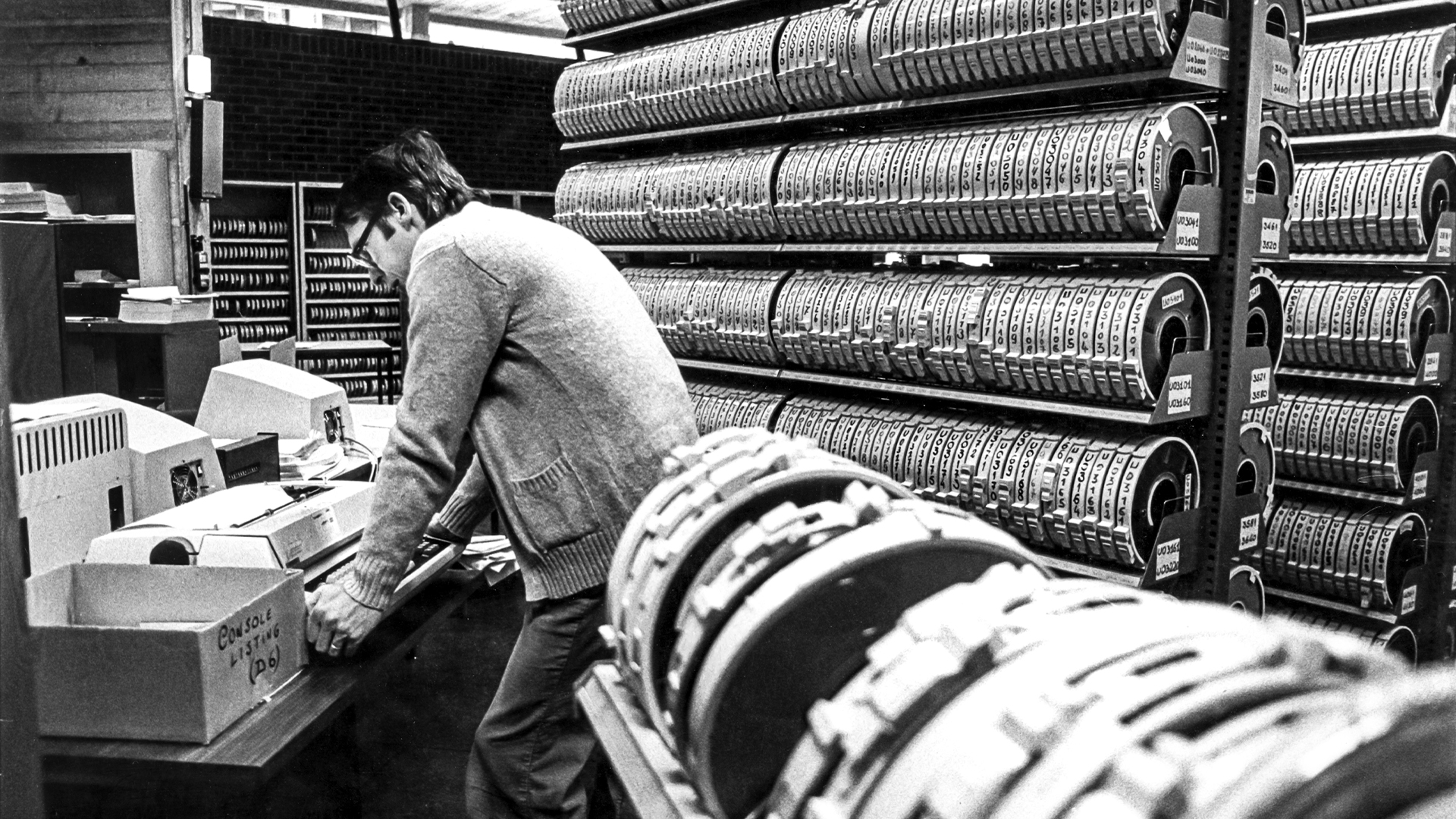 Magnetic tape storage has found a new lease of life with a record 152.9 exabytes shipped worldwide in 2023 — and the rise of generative AI is a key factor
Magnetic tape storage has found a new lease of life with a record 152.9 exabytes shipped worldwide in 2023 — and the rise of generative AI is a key factorNews Magnetic tape storage is back in vogue thanks to the rise of generative AI and ransomware, according to new research
By Steve Ranger Published
-
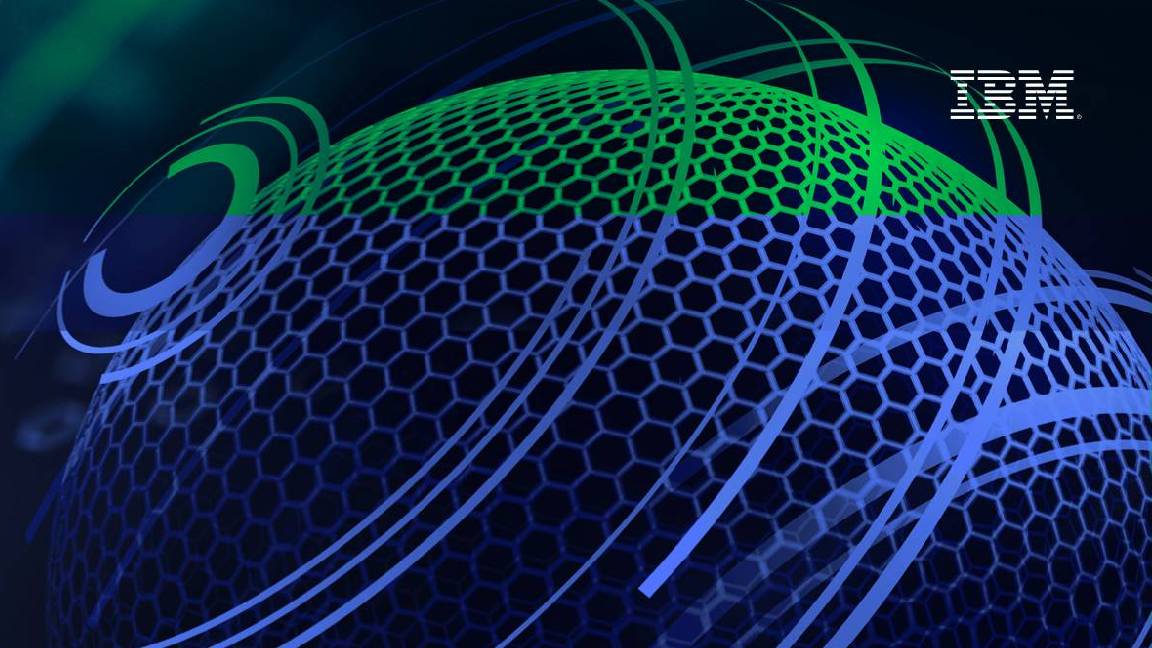 Cyber-resilient data storage for everyone
Cyber-resilient data storage for everyoneWhitepaper Improve cyber resilience and optimize performance
By ITPro Published
-
 IBM unveils its 'most powerful' 433-qubit quantum processor
IBM unveils its 'most powerful' 433-qubit quantum processorNews The Osprey is three times more powerful than IBM's 127-qubit Eagle processor the company launched a year ago
By Zach Marzouk Published
-
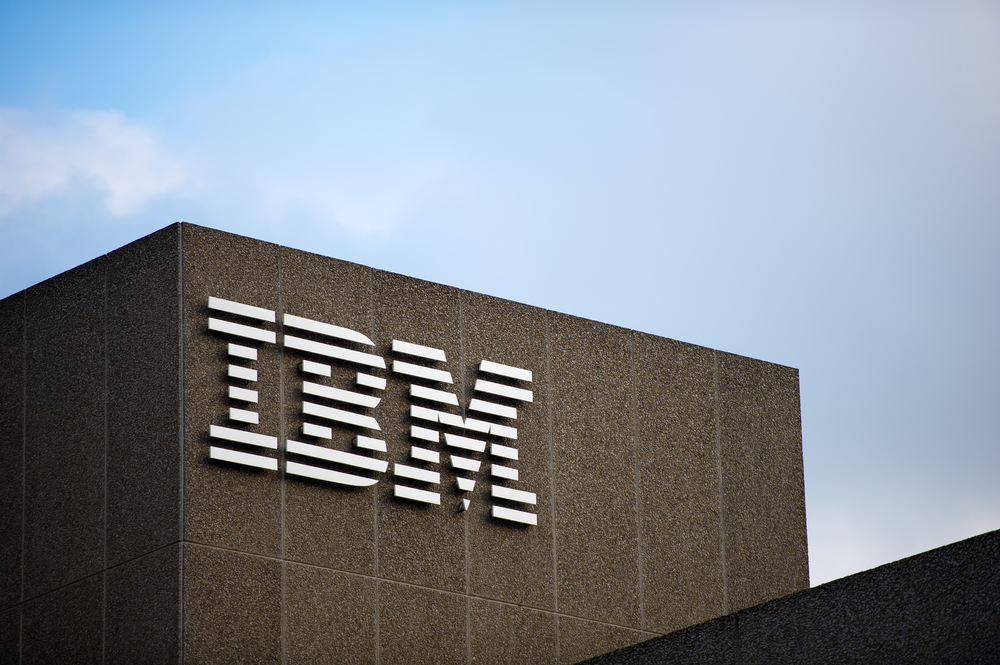 Apple and IBM create more than 100 MobileFirst iOS apps
Apple and IBM create more than 100 MobileFirst iOS appsNews Apple and IBM's partnership has produced over 100 business apps for iOS
By Caroline Preece Published
-
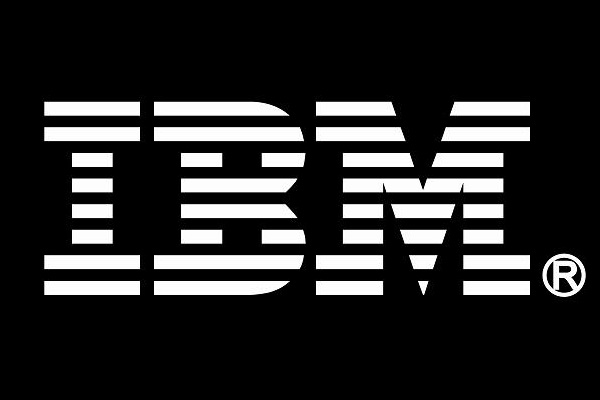 IBM mulls over RIM business division merger
IBM mulls over RIM business division mergerNews Big Blue said to have made an informal approach.
By Khidr Suleman Published
-
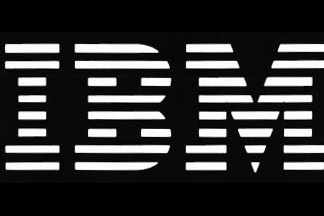 IBM makes magnetic data storage breakthrough
IBM makes magnetic data storage breakthroughNews Tiny drives holding decent amounts of data may soon be available thanks to IBM's breakthrough.
By Stewart Mitchell Published
-
 Week in review: Galaxy Tab ban, Amazon and IBM humbled
Week in review: Galaxy Tab ban, Amazon and IBM humbledNews Samsung, Amazon and IBM haven't had the best of weeks.
By Alan Lu Published
-
 Dell and Intel push PCIe SSD standardisation group
Dell and Intel push PCIe SSD standardisation groupNews A core of five tech giants are pushing standardisation of storage drives based on the PCIe standard with a new group. Could this group clash with Apple over the future design of SSDs?
By Tom Brewster Published